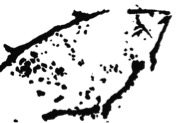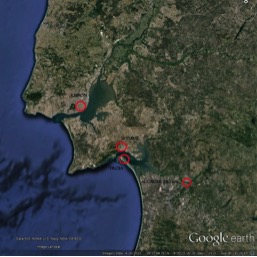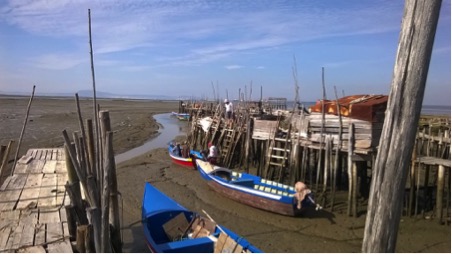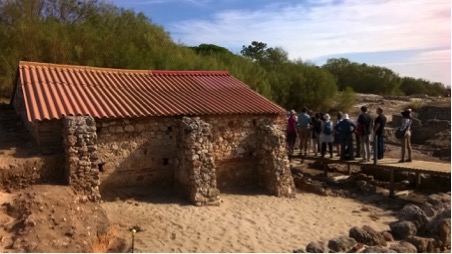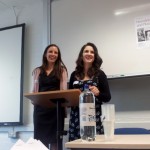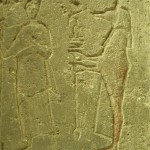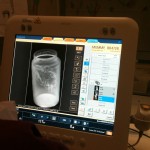
Author: Katherine Harloe. Edits: Bunny Waring
Date: 16th June 2021.
The Department of Classics welcomes all to the 2021 MA Colloquim, where current researching students give papers on their work in progress.
Join us for some fascinating seminars and discussions online via Microsoft Teams on
Tuesday 29 June 2021 between 10:00am – 5pm
ALL ARE WELCOME TO THIS FREE EVENT.
Please register by midday, 25 June at https://forms.office.com/r/a3vHf1wPTr
or by emailing execsupporthumanities@reading.ac.uk
PROGRAMME
10:00 am: Welcome (Katherine Harloe)
10:15 – 11:15: Session 1
Chairs: Rebecca Lightfoot, Aidan Richardson and Elliot Zadurian
Massimo Rossetti: To what extent did the Romans develop a state centralised water
policy in the late Republic and early Imperial eras?
Curtis Hill: The wealth of the Roman senatorial elite: a source of control or a catalyst for
conflict?
Klara Hegedus: The Catilinarian conspiracy of 63 BCE. The act of a degenerate individual,
or an almost inevitable by-product of the changing political order?
11:15 – 11:30: Break
11:30 – 12:30 pm: Session 2
Chairs: Sue Vincent, Dulcimer Thompson and Jess Wragg
Louis Hope: To what extent did a Panhellenic identity exist during the period from the
beginning of the Persian Wars to the invasion of Persia by Alexander the Great?
Aaron Cox: All roads lead to Rhodes? A brief look into the politics of the Hellenistic
Mediterranean.
Charles Stewart: Demos, aristocracy, and empire: power relations and political
institutions in the Greek cities of Asia Minor under Roman rule.
12:30 – 1:30pm: Lunch
1:30 – 2:30pm: Session 3
Chairs: Aaron Cox, Charles Stewart and Louis Hope
Dulcimer Thompson: Examining the presence and effect of internalised misogyny in the
female characters of Classical literature.
Jess Wragg: Breaking the boundaries: gender nonconformity in Ancient Greece.
Sue Vincent: Hecabe – from magnificent matriarch to murderous mother?
3:30 – 3:45pm: Break
3:45 – 4:45pm: Session 4
Chairs:tbc.
Elliot Zadurian: Unjust deliveries of justice: the implications of the agon and law-court
scenes in ancient Greek Drama.
Rebecca Lightfoot: ‘The Bad Place.’ an exploration of punishment and the afterlife in
Egypt, Greece and the Near East.
Aidan Richardson: Is Plutarch’s claim to be writing “not Histories but Lives” true?
4:45pm: Wrap up/closing remarks




 We would like to bring to your attention a fully-funded PhD studentship:
We would like to bring to your attention a fully-funded PhD studentship:
